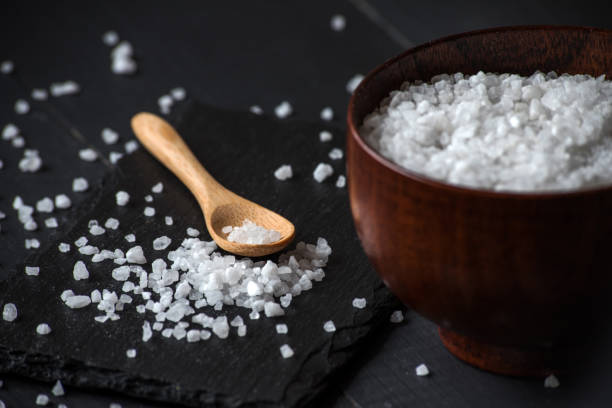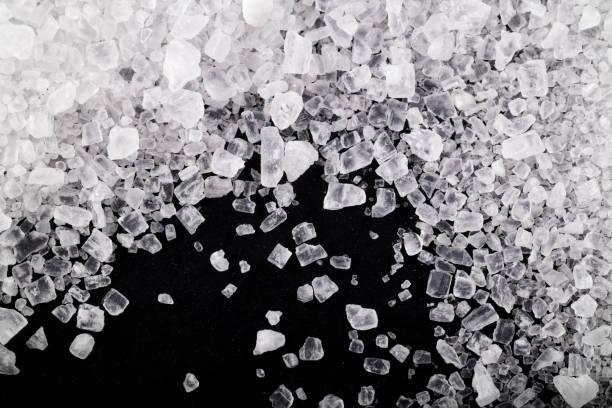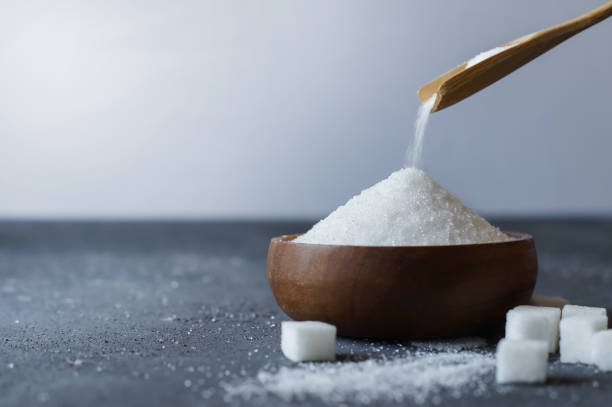Zinc Chloride
Zinc chloride is an inorganic salt of zinc with a granular solid appearance. Providing excellent purifying ability as well as excellent catalytic activity, zinc chloride is commonly used as a metallurgical flux and catalyst or supporting accelerator in several industries. As for the electrical-related application, besides the well-known lithium-ion battery, zinc chloride battery is also available due to its low cost, low energy consumption, and longer shelf life. Zinc chloride is available in anhydrous and hydrated forms.
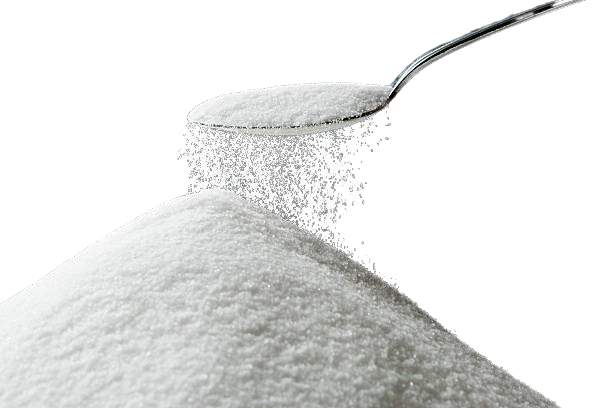
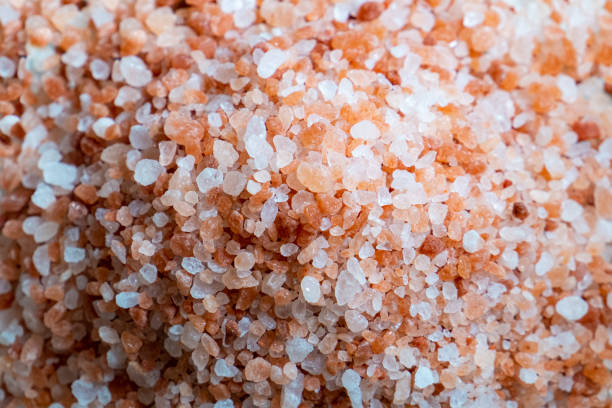

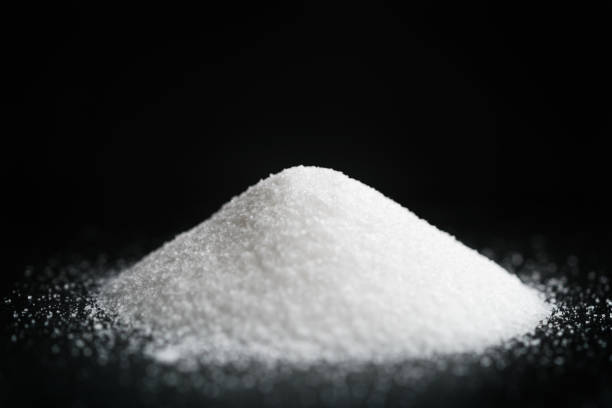

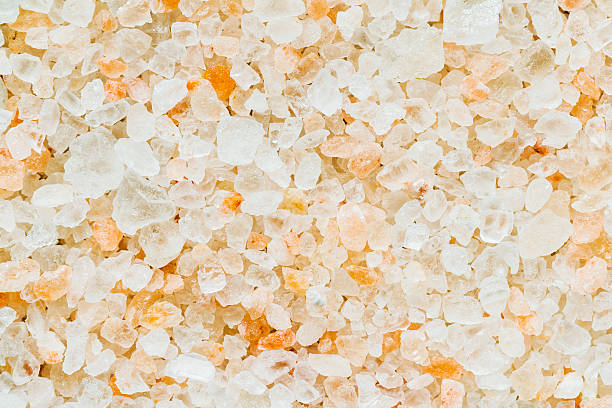

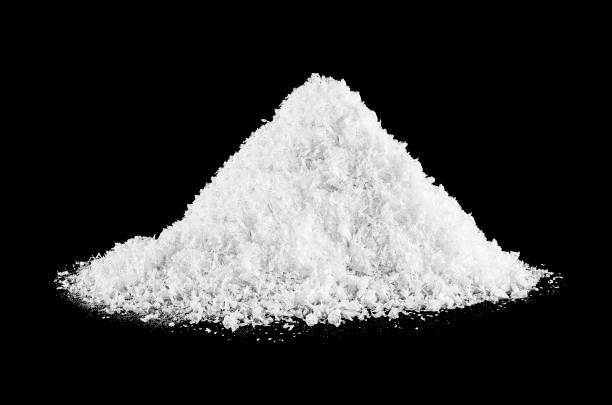

Zinc chloride can be hazardous if mishandled or ingested. It is corrosive to the skin, eyes, and respiratory tract. Direct contact with zinc chloride or its solutions can cause irritation and chemical burns. Proper safety measures, including the use of protective equipment, should be followed when handling this compound.
- Overview
- Application
- Spesification
STRUCTURE AND BASIC PROPERTIES
Four crystalline forms, so-called polymorphs, of ZnCl2 are known, and in each case the Zn2+ ions are tetrahedrally coordinated to four chloride ligands. Rapid cooling of molten ZnCl2 gives a glass, that is, a rigid amorphous fluid. Additionally ZnCl2 forms hydrates and at least one mixed hydroxide, ZnClOH.
In aqueous solution, zinc chloride fully dissociated into Zn2+. Thus, although many zinc salts have different formulas and different crystal structures, these salts behave very similarly in aqueous solution. For example, solutions prepared from any of the polymorphs of ZnCl2 as well as other halides (bromide, iodide) and the sulfate can often be used interchangeably for the preparation of other zinc compounds. Illustrative is the preparation of zinc carbonate:
ZnCl2(aq) + Na2CO3(aq) → ZnCO3(s) + 2 NaCl(aq)
PREPARATION AND PURIFICATION
Anhydrous ZnCl2 can be prepared from zinc and hydrogen chloride.
Zn + 2 HCl → ZnCl2 + H2
Hydrated forms and aqueous solutions may be readily prepared by treating pieces of Zn metal with concentrated hydrochloric acid. Zinc oxide and zinc sulfide react with HCl:
ZnS(s) + 2 HCl(aq) → ZnCl2(aq) + H2S(l).
Unlike many other elements, zinc essentially exists in only one oxidation state, 2+, which simplifies purification. Commercial samples of zinc chloride typically contain water and products from hydrolysis product. Such samples may be purified by extraction into hot dioxane, which is filtered hot and the filtrate is cooled to afford a precipitate of ZnCl2. Anhydrous samples can be purified by sublimation in a stream of hydrogen chloride gas, followed by heating to 400 °C in a stream of dry nitrogen gas. Finally, the simplest method relies on treating the zinc chloride with thionyl chloride.
Zinc chloride finds applications in various industries due to its versatile properties. Some common uses include:
- Galvanizing: Zinc chloride is used in the galvanizing process, where it acts as an electrolyte in the zinc plating of steel to protect it from corrosion.
- Chemical Catalyst: It serves as a Lewis acid catalyst in organic synthesis reactions.
- Wood Preservation: Zinc chloride is used as a wood preservative to protect against decay and insects.
- Batteries: In certain battery types, such as zinc-carbon and zinc-chloride batteries, it plays a role as an electrolyte.
- Deodorant and Antiperspirant: It is used in some antiperspirant products to help control sweat and odor.
- Flux Agent: Zinc chloride is employed as a flux in soldering and metal joining processes.
Zinc chloride has the ability to attack metal oxides (MO) to give derivatives of the formula MZnOCl2. This reaction is relevant to the utility of ZnCl2 as a flux for soldering – it dissolves oxide coatings exposing the clean metal surface. Typically this flux was prepared by dissolving zinc foil in dilute hydrochloric acid until the liquid ceased to evolve hydrogen, for this reason such flux was once known as killed spirits.
Because of its corrosive nature, this flux is not suitable for situations where any residue cannot be cleaned away, such as electronic work. This property also leads to its use in the manufacture of magnesia cements for dental fillings and certain mouthwashes as an active ingredient.
Zinc Chloride in various solutions and in the solid (granular) form. Our Zinc Chloride is a high purity, multi application chemical that is available in a complete range of strengths. Zinc chloride has a variety of uses including flux manufacture, water treatment and as an electrolyte in battery manufacture. Zinc chloride is also used in zinc plating, rubber and fiber vulcanization, textile finishing and for applications in food canning. It has a number of uses in personal care products and as an intermediate for fertilizers, antibiotics and catalysts.
Zinc Chloride concentrations to meet individual customer requirements. Our Zinc Chloride solutions are shipped in tank cars, tank trucks, totes and non-returnable 30 and 55-gallon drums. Our granular product is shipped in 55 gallon drums and 55 pound bags.
| PRODUCT IDENTIFICATION | |
| CAS NO. | 7646-85-7 |
| EINECS NO. | 231-592-0 |
| FORMULA | ZnCl2 |
| MOL WT. | 136.30 |
| H.S.CODE | 2827.36 |
| TOXICITY | Oral rat LD50: 350 mg/kg |
| SYNONYMS | Zinc dichloride; Zinc butter; Tinning Flux; |
| PHYSICAL AND CHEMICAL PROPERTIES | |
| PHYSICAL STATE | White crystalline granules, Odorless |
| MELTING POINT | 290 C |
| BOLING POINT | 732 C |
| SPECIFIC GRAVITY | 2.91 |
| SOLUBILITY IN WATER | 423 g/l00 g |
| pH | 4 |
| NFPA RATINGS | Health: 3 Flammability: 0 Reactivity: 0 |
| STABILITY | Stable under ordinary conditions |
| SALES SPECIFICATION | |||||||||||||||||||||||||||
|
